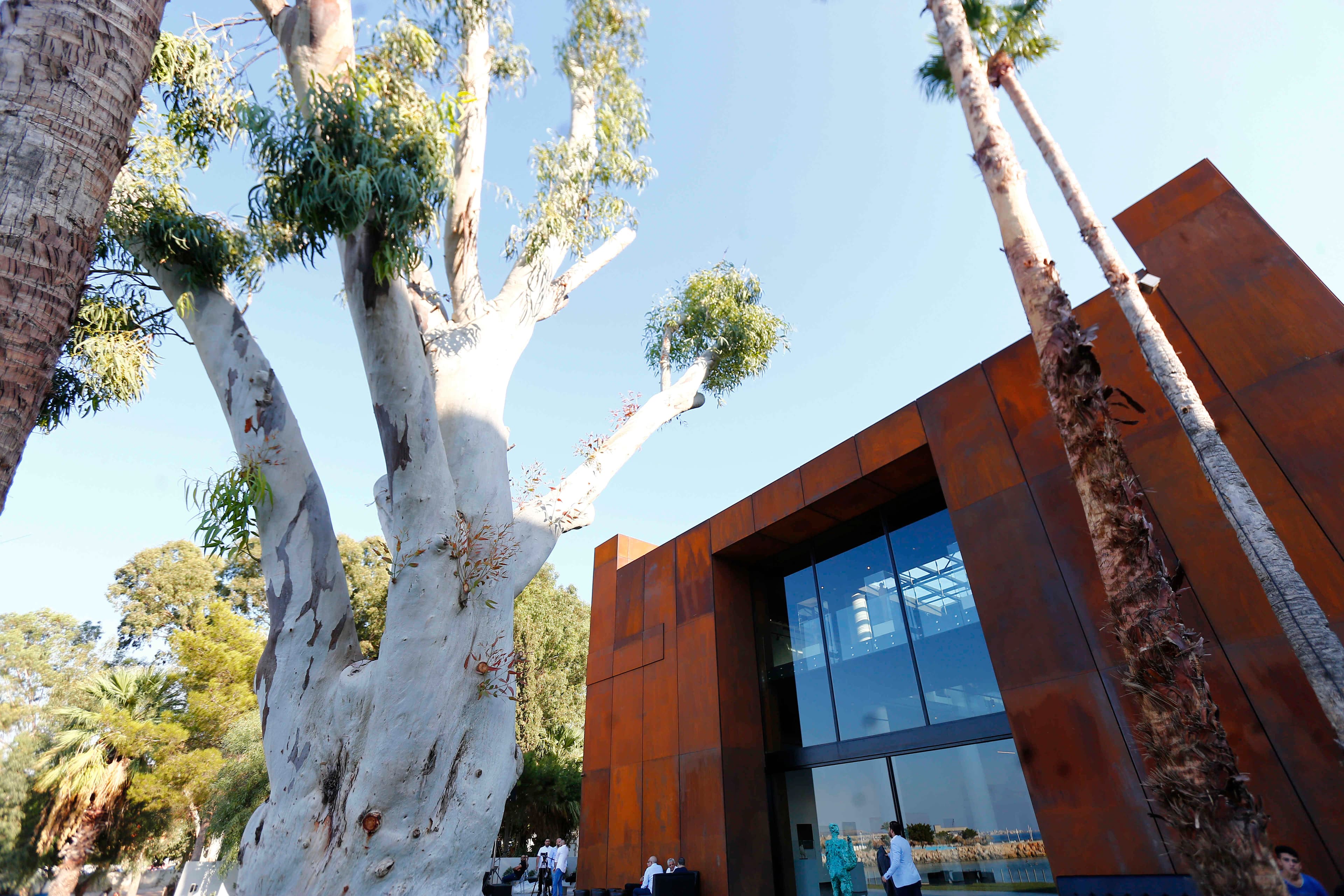
Our Story
Discover the vision, people, and spaces that make NABU Museum a world-class destination for art and culture.
Our Mission
NABU Museum is dedicated to the preservation, presentation, and interpretation of art and artifacts from ancient civilizations to contemporary expressions. We strive to create meaningful connections between past and present, fostering cultural understanding and artistic appreciation.
Through innovative exhibitions, educational programs, and community engagement, we aim to inspire creativity, critical thinking, and dialogue about our shared human experience across time and cultures.

A Monument to Art
The NABU Museum building itself is a masterpiece of contemporary architecture, where modernist principles meet ancient inspirations. Each facade tells a story of artistic vision and cultural heritage.
Calligraphic Facade
Abstract patterns etched into weathered Corten steel panels create a modern interpretation of ancient scripts.
Evening at NABU
The illuminated museum comes alive at night, with a vibrant rooftop terrace overlooking the Mediterranean.
Museum Gardens
Lush greenery and palm trees complement the building's rust-colored exterior, creating a serene cultural oasis.
The Gateway
A dramatic entrance framed by golden light, featuring the iconic car sculpture perched atop the building.
Where Art Lives
Our interior spaces are meticulously designed to create the perfect environment for art appreciation, combining functionality with aesthetic excellence.

Seaside Gallery
Our signature gallery space with panoramic Mediterranean views

Main Exhibition Hall
Grand corridor showcasing our permanent collection

Antiquities Collection
Intimate space housing our curated ancient artifacts

Contemporary Art Wing
Modern Lebanese art gallery with rotating exhibitions

Museum Shop & Library
Curated selection of art books and cultural merchandise

Archaeological Treasures
Ancient sculptures displayed in minimalist settings
Plan Your Visit
Experience our collection in person. Admission is free for all visitors.
Hours
Tuesday - Sunday
10:00 AM - 6:00 PM
Location
El Heri
Lebanon
Admission
Free Entry
For All Visitors